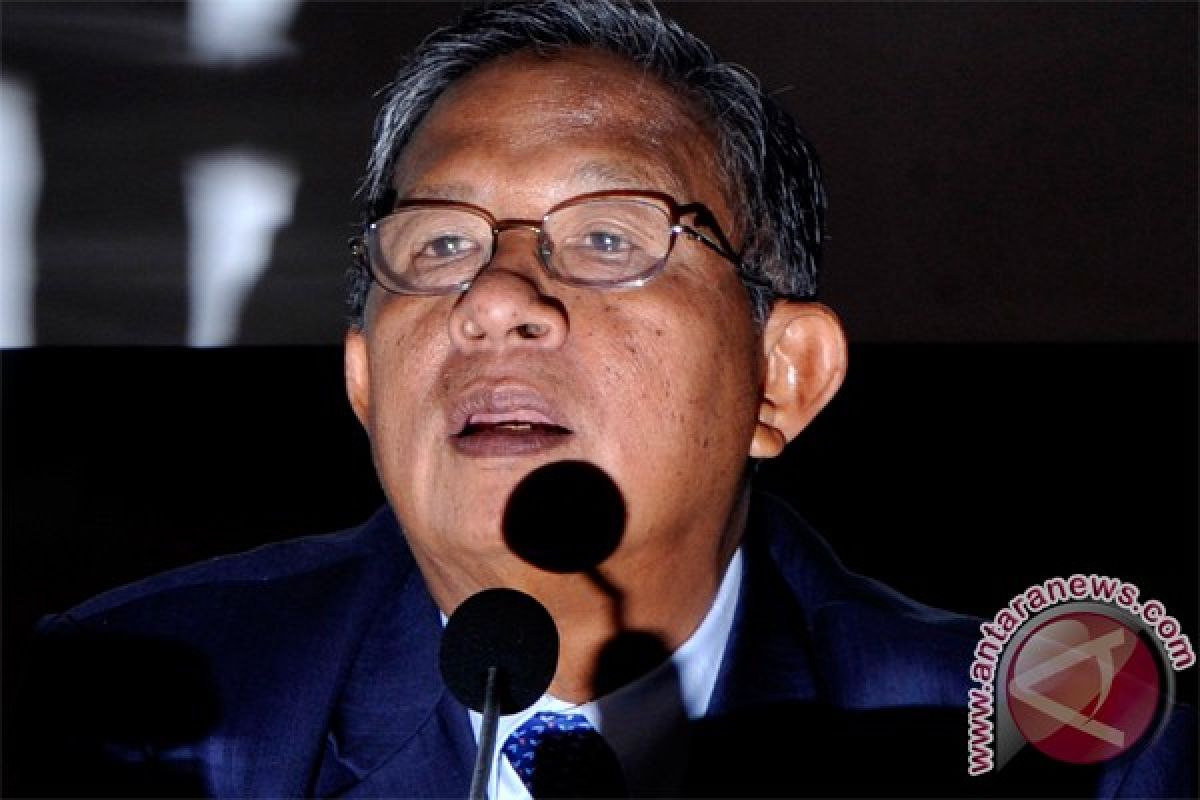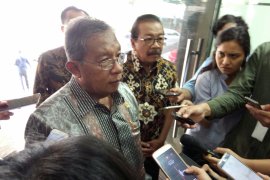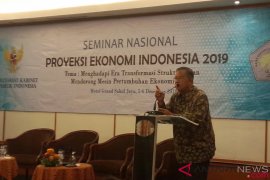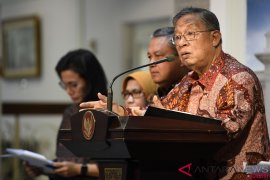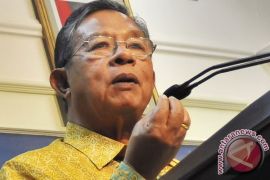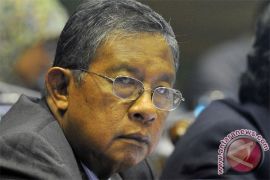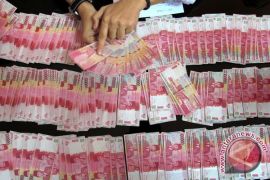The BBM price hike would not reduce BBM imports as higher prices would not significantly cut consumption, Darmin said here on Thursday.
"Assuming that the price hike would save Rp47 trillion in subsidy , but the fund would be used more to cover fiscal shortage, while it is not easy to change the habit in consumption," he said.
Imports of BBM would continue to weight on the trade balance which is a component of current account balance, he said.
In the second quarter of 2014, Indonesias current account deficit was recorded at US$9.1 billion or 4.27 percent of the countrys Gross Domestic Product (GDP).
Darmin said with such big deficit, which was a record high in a number of years, structural reform would be needed immediately.
Darmin, however, said although the impact is not significant in short term, BBM price hike is absolutely necessary as it would also serves as an early step in structural reform.
An increase in the prices of subsidized BBM including premium gasoline and diesel oil, would help encourage the business sector to diversify their sources of energy, he cited as one of the benefits of the policy.
He suggested that the BBM price hike should be gradual to minimize the economic pressure on the low income people.
Another key in structural reform is bureaucracy reform to attract foreign investors, he said.
Foreign investment would improve the capital account, which in turn would have impact on current account balance, he said.
Other bureaucracy reform move is increasing state revenues in taxes or revenues from other sources, he said.
Tax revenues in 2014 is forecast to reach only 94 percent of the target, and the tax ration will be remain around 12 percent, he said.
In order to improve the countrys trade balance, the process of industrialization should be accelerated especially in the energy and food sectors, he said.
He noted Indonesia has become a major importer of food commodities.
"Therefore, solution to the problem of current account deficit is not simple. It is structural configuration," he said.
Meanwhile, Prasetyantoko, an economist from the University of Atmajaya said in addition to trade balance, income balance also need improvement.
At the same time there must be improvement in bank liquidity to finance credit expansion to contribute to economic growth, Prasetyantoko said.
"Currently , the loan to deposit ratio (LDR) of banks already exceed 90 percent. That means liquidity is tightening," he said.
Current account balance has four components including goods/trade balance, service balance, income balance, and transfer.
The countrys current account balance has been determined more by trade balance.
(Uu.H-ASG/A014)
Editor: Priyambodo RH
Copyright © ANTARA 2014
